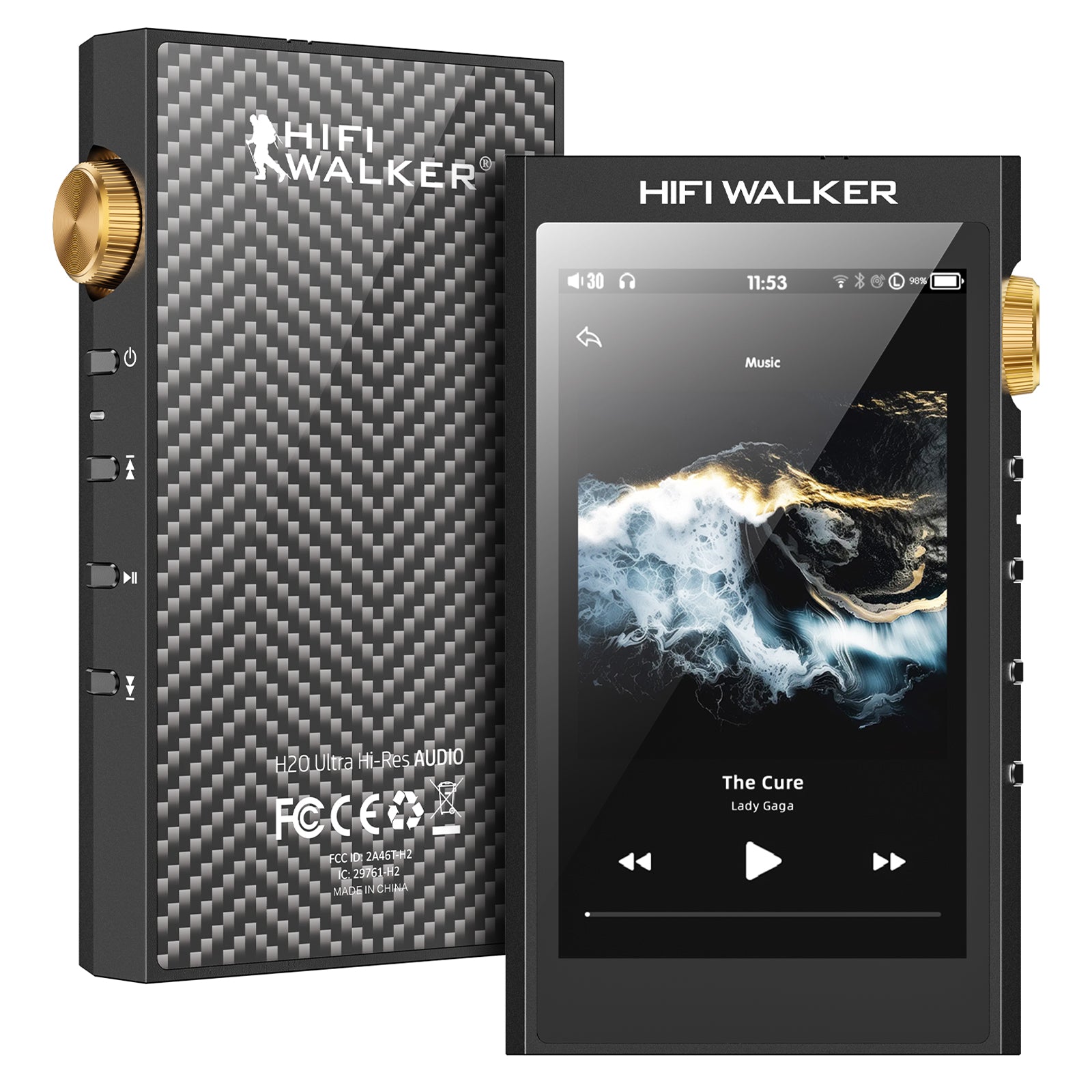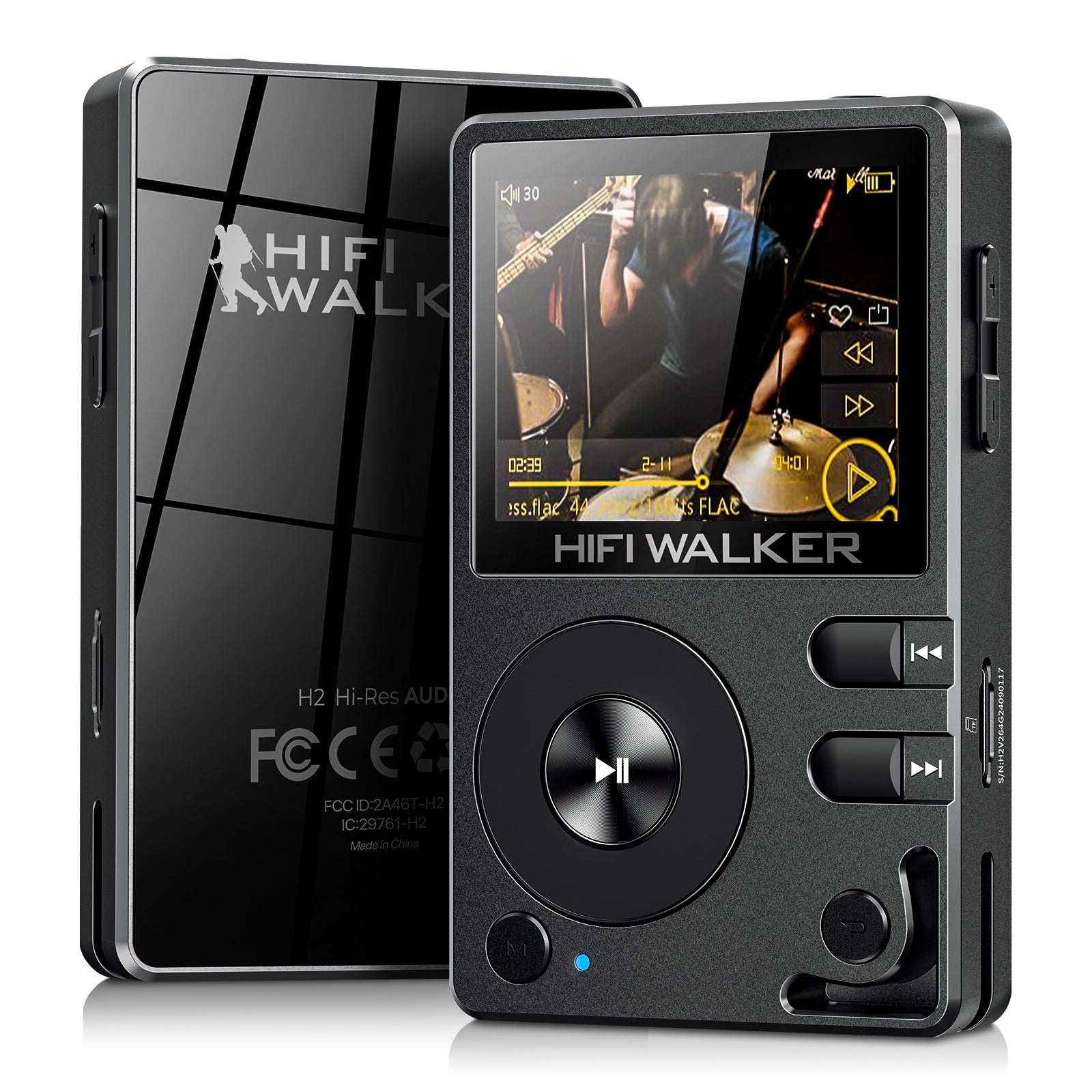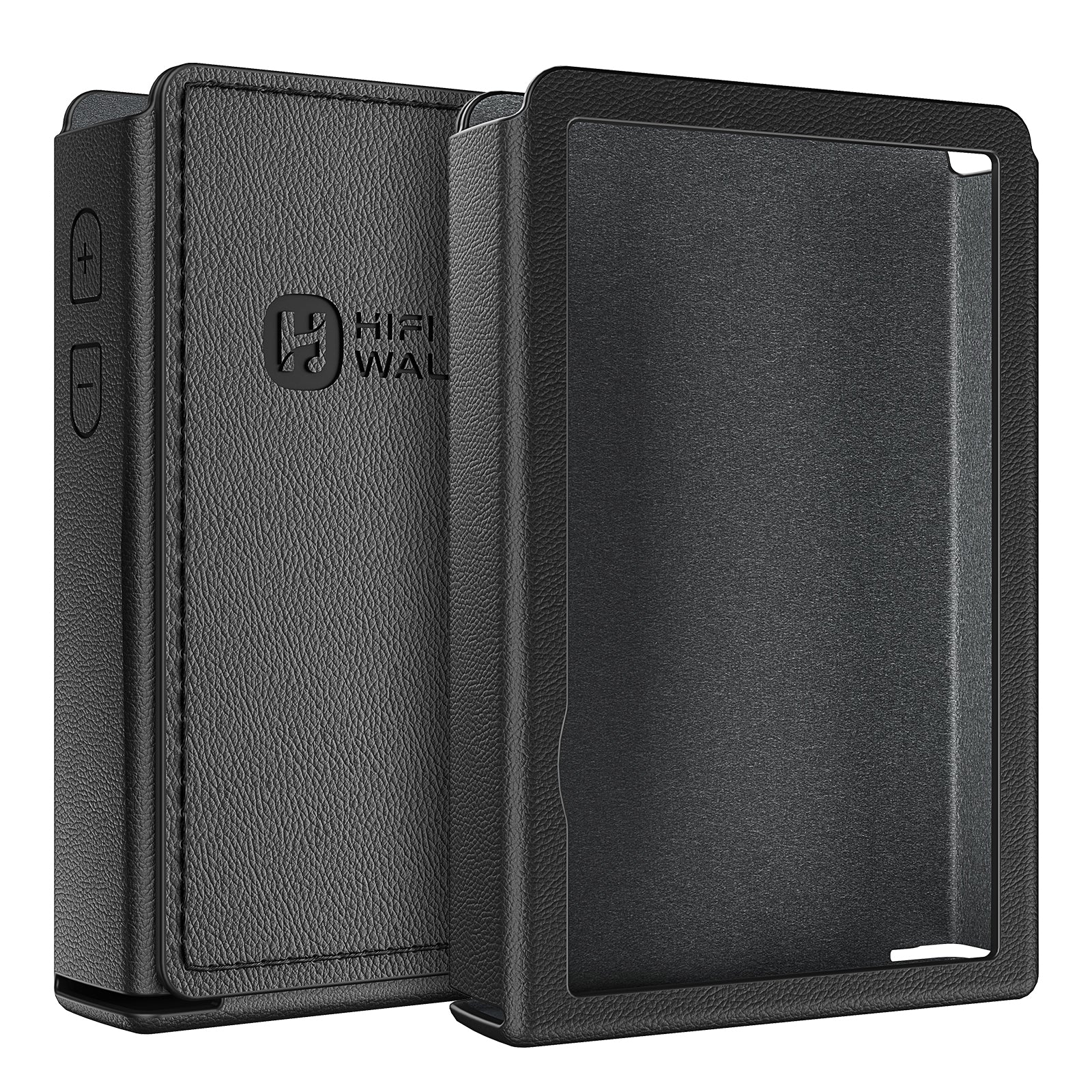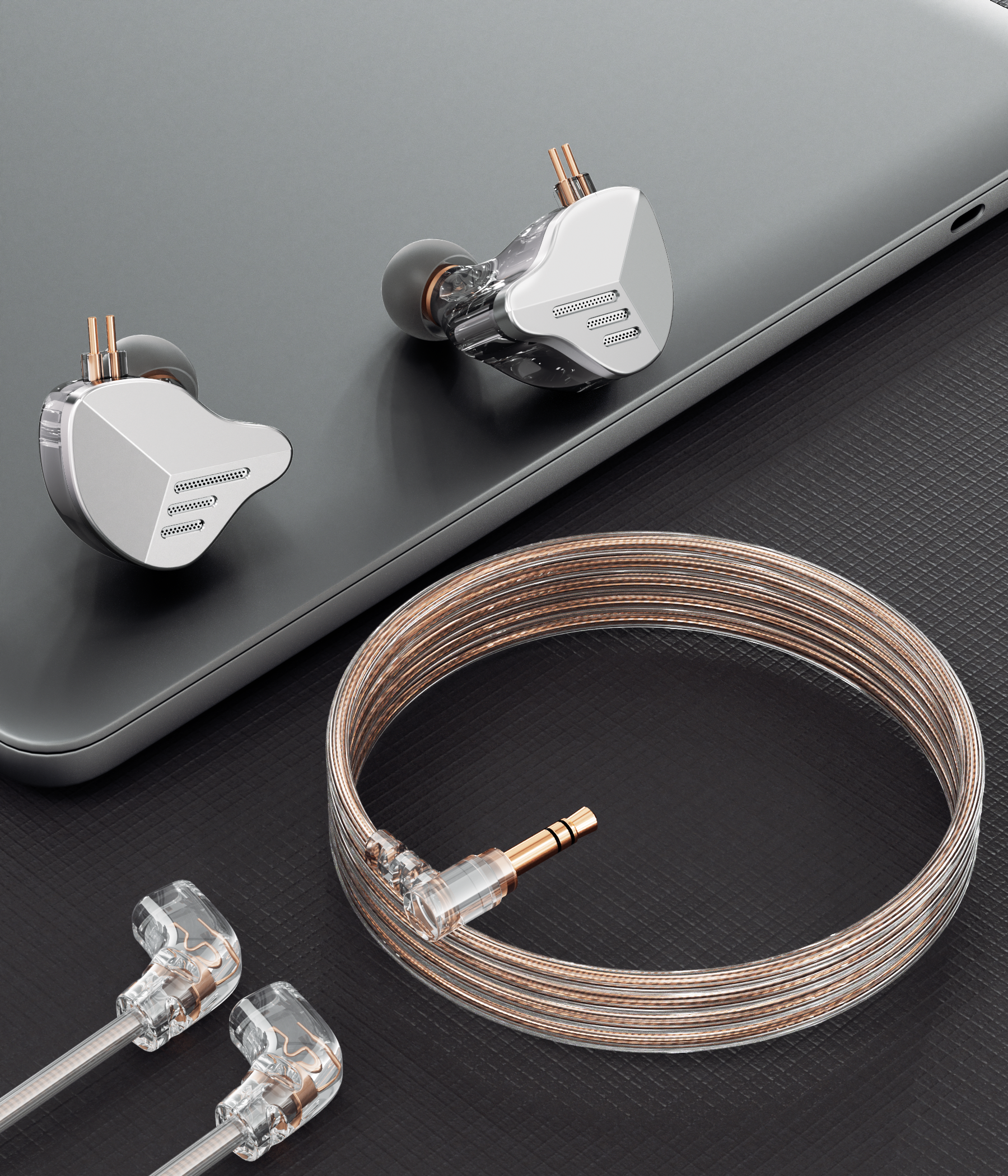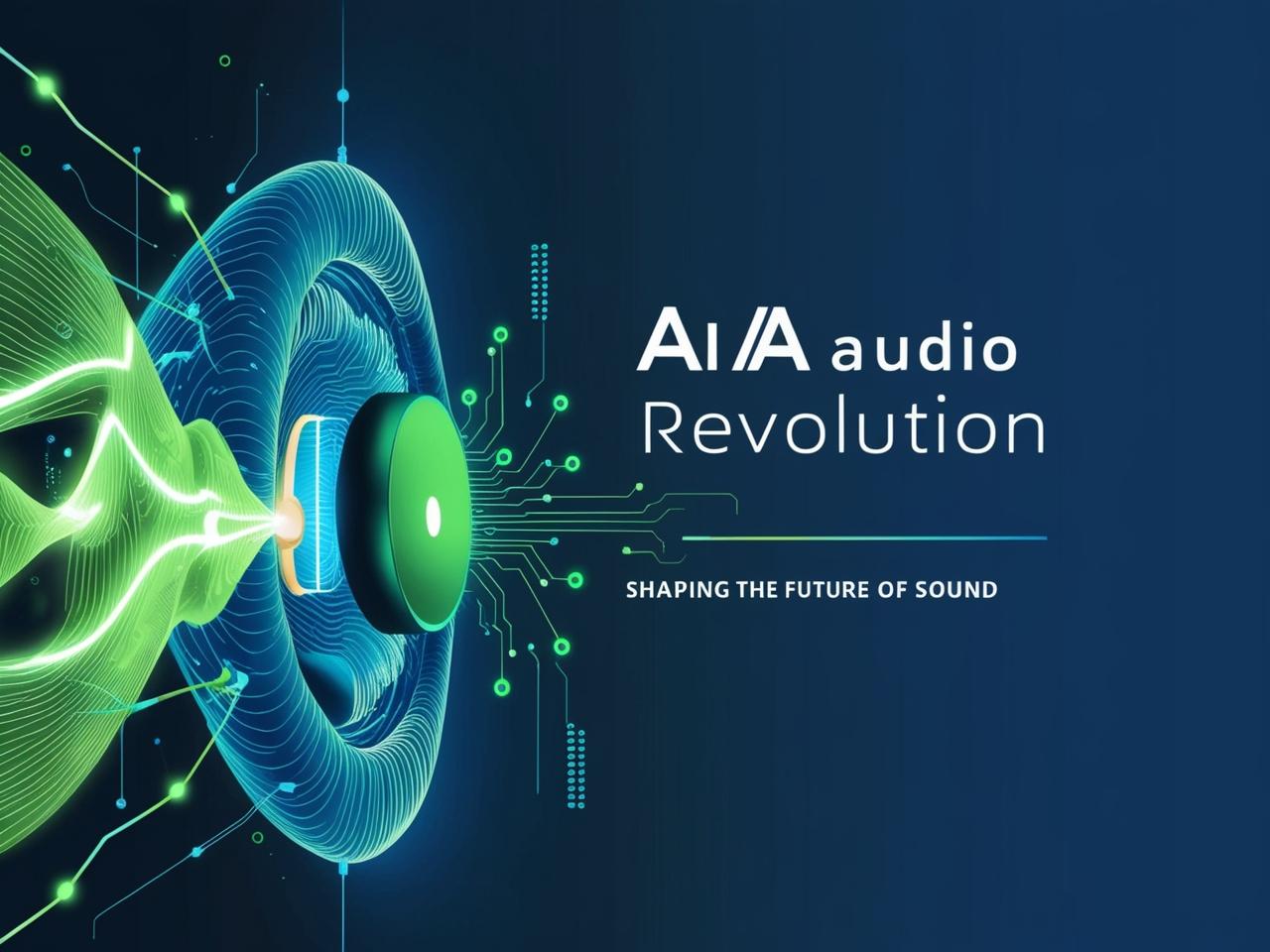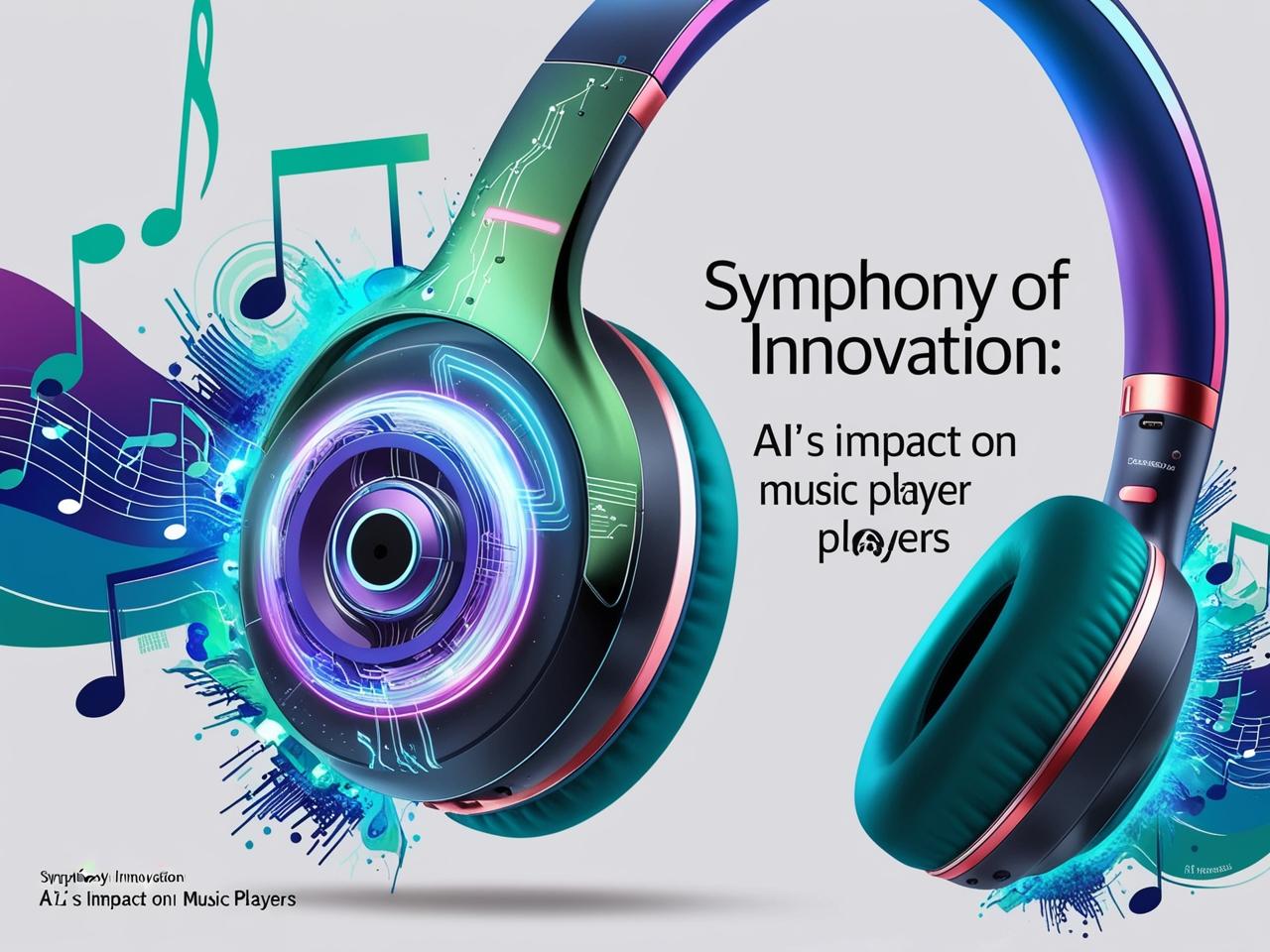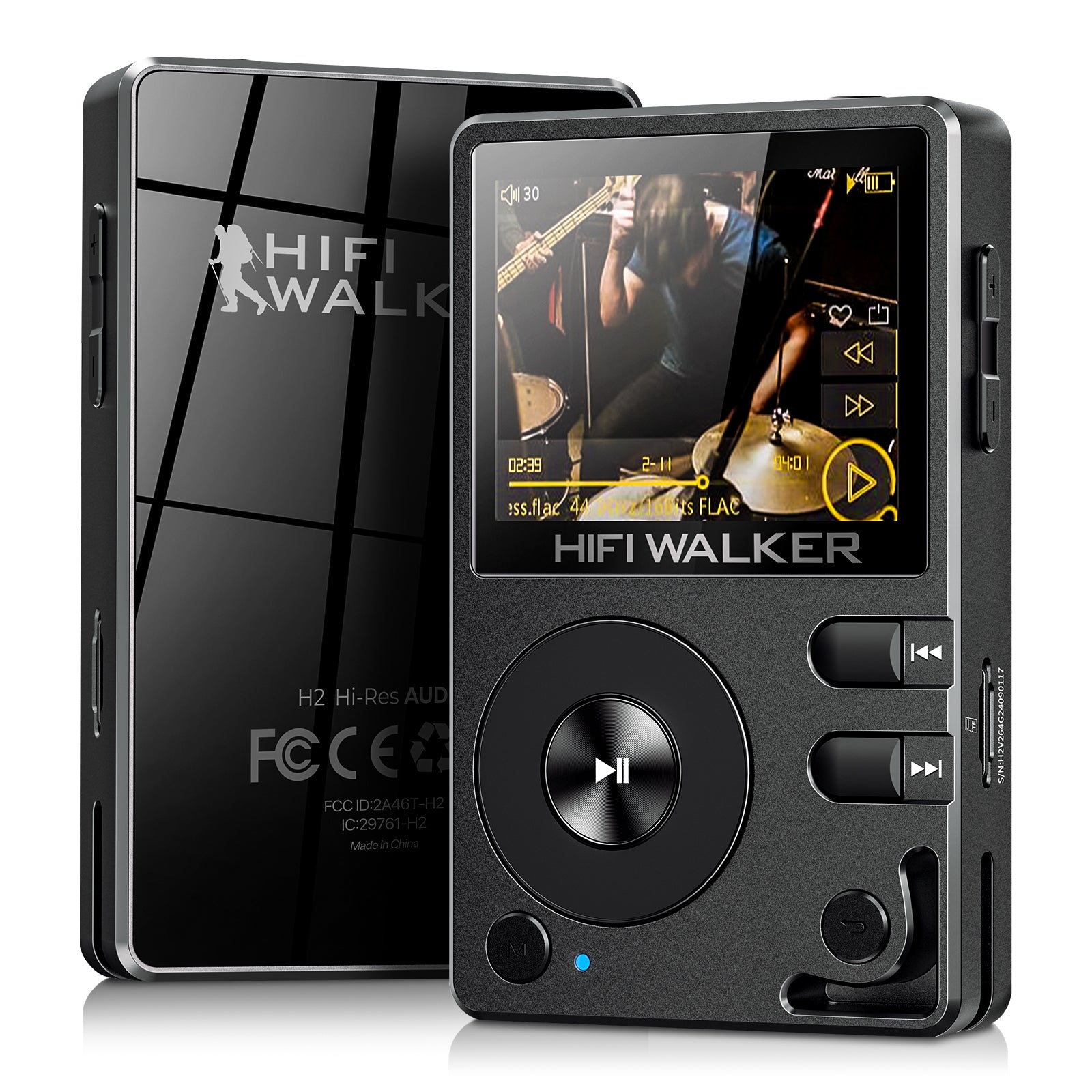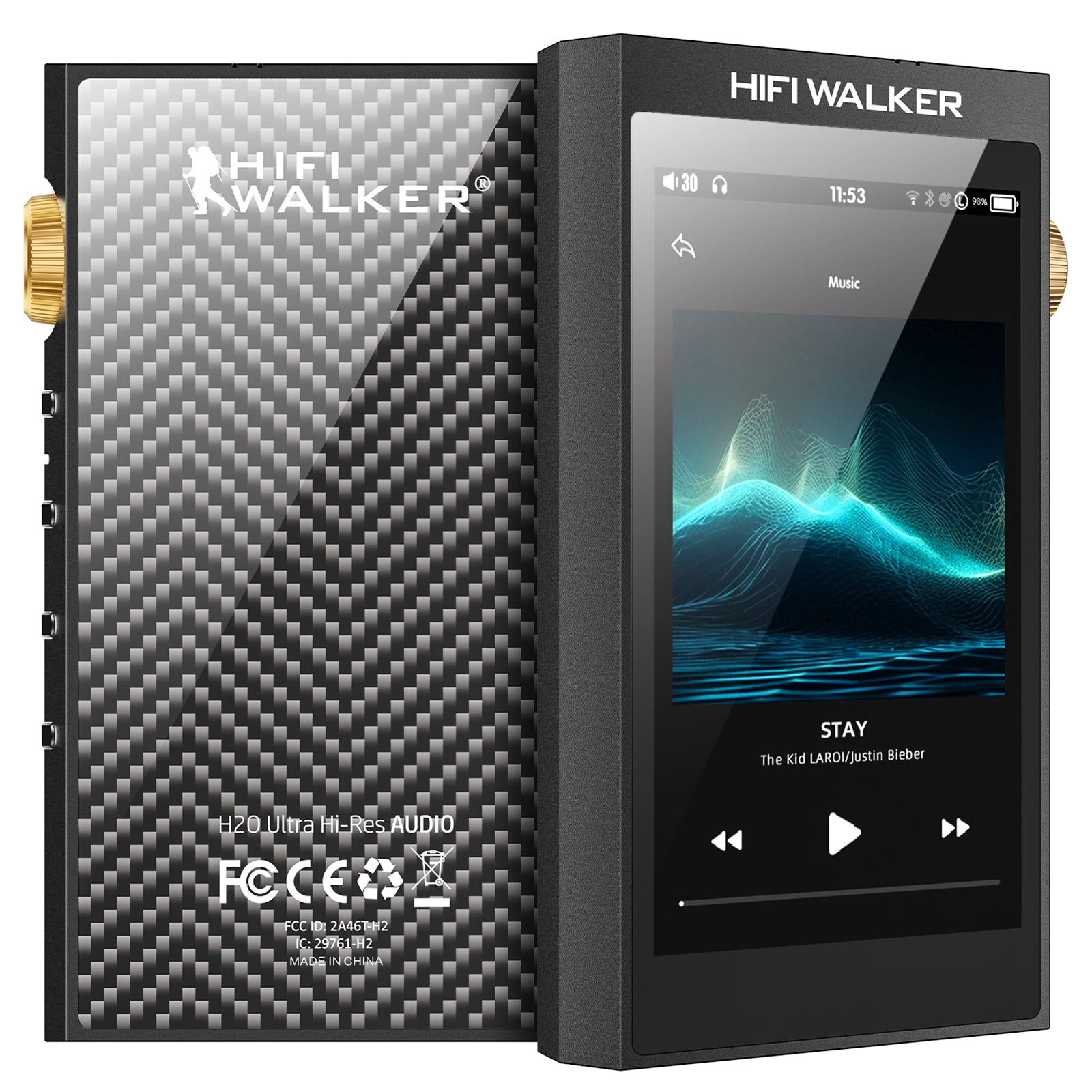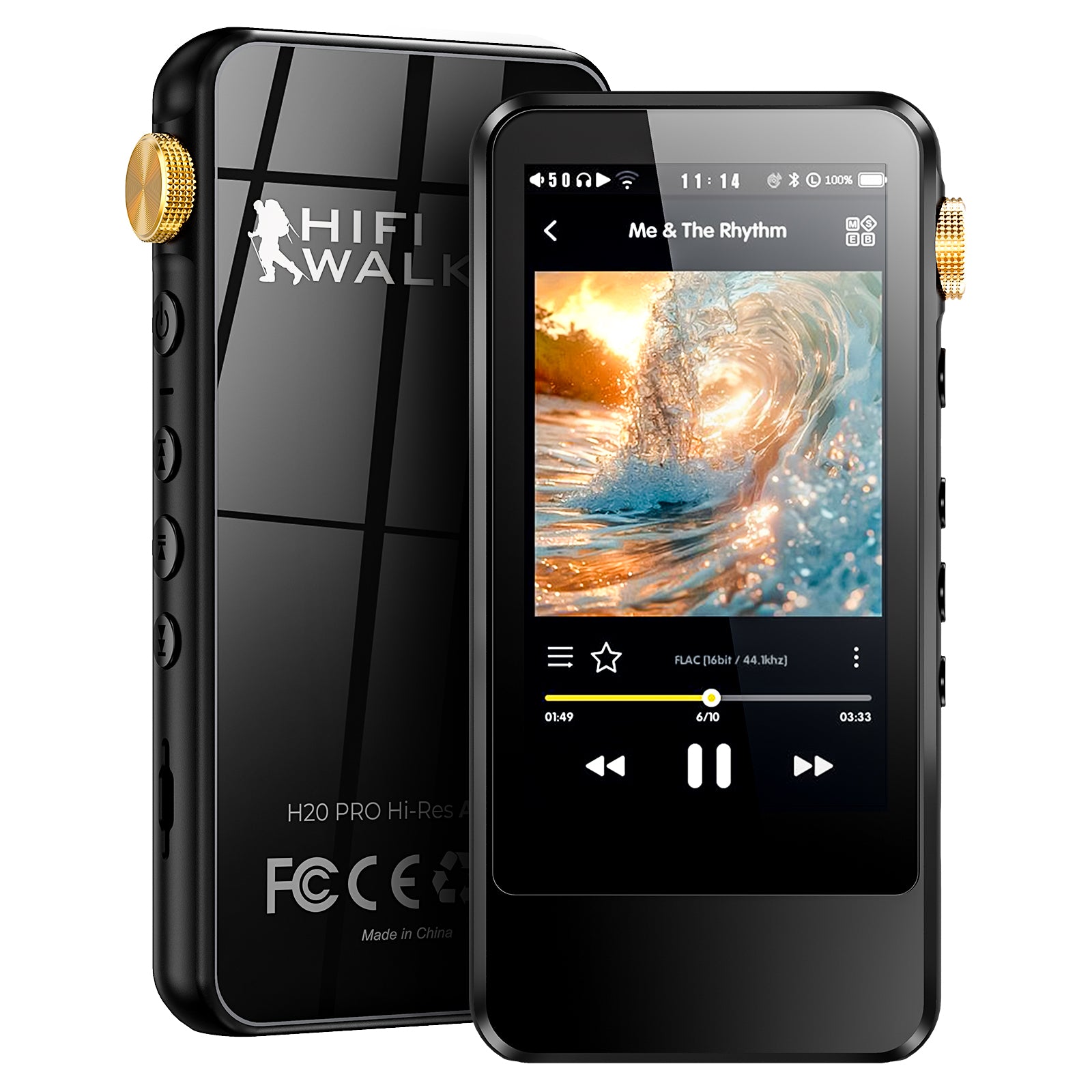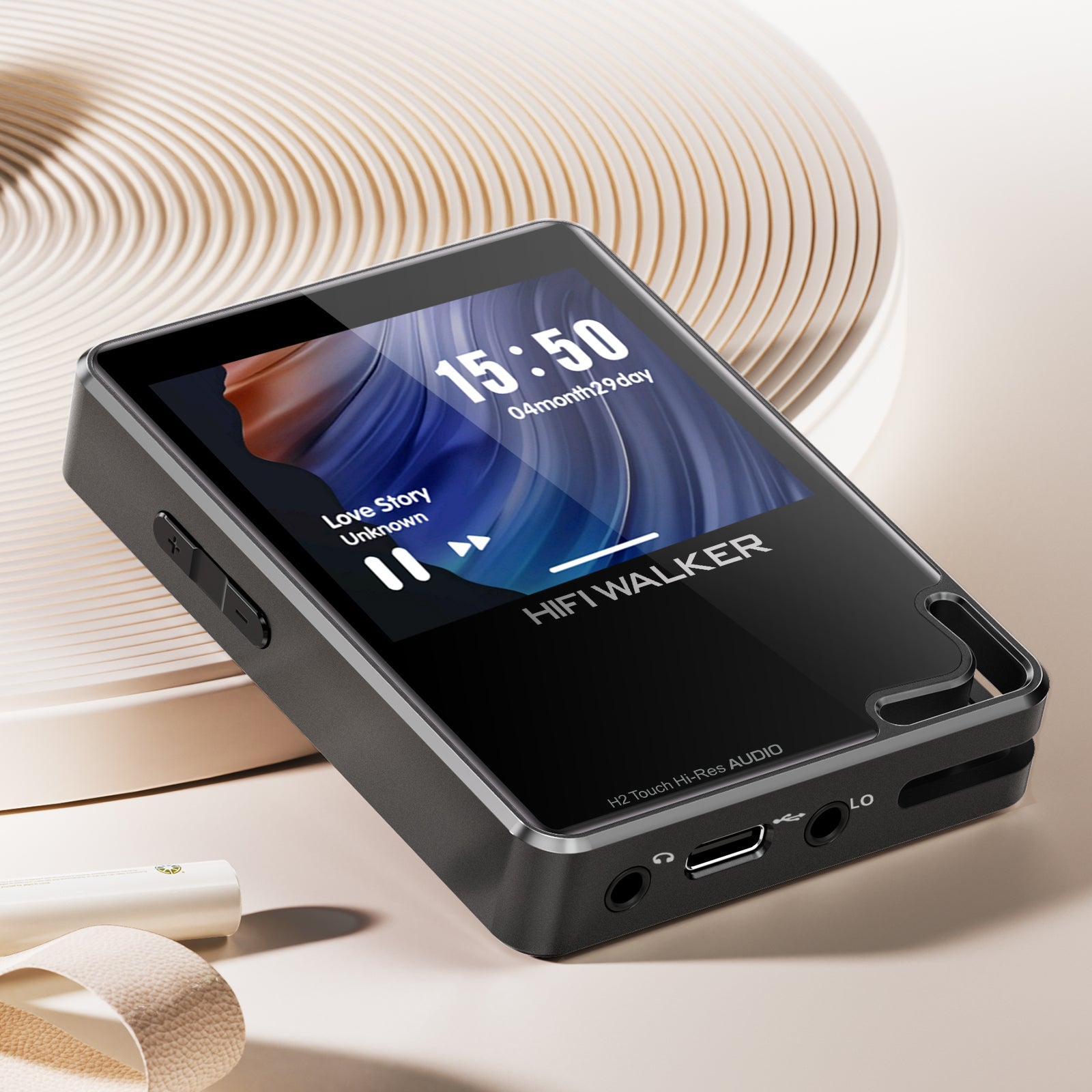The convergence of artificial intelligence (AI) and audio technology is not just a trend; it's a revolution that is redefining the auditory landscape. From enhancing accessibility for the hearing impaired to creating immersive audio experiences, AI is at the forefront of innovation in the audio industry. This article explores the latest developments and their implications for the future of sound.
AI-Powered Sound Enhancements:
One of the most notable developments in the field of AI audio technology is its capacity to significantly elevate sound quality in real-time, a feature that is revolutionizing the way we experience sound. This advancement is underpinned by sophisticated AI algorithms that have the capability to meticulously analyze and process audio signals with unprecedented precision. These algorithms are designed to identify and mitigate various types of noise, from background chatter to environmental sounds, thereby enhancing the clarity and quality of the audio output.
In environments with high levels of ambient noise, such as busy city streets or crowded public spaces, traditional audio equipment often struggles to deliver clear and intelligible sound. However, AI-driven sound enhancement technology is changing this by actively reducing the interference from these noise sources, ensuring that the listener receives a crisp and clean audio signal. This is particularly important for applications where clear communication is essential, such as in voice calls, video conferences, and public address systems.

Tech giants like Apple and Google have recognized the potential of AI in elevating audio quality and are actively investing in the development of AI-powered sound enhancement features for their devices. Apple's efforts can be seen in features like Spatial Audio, which uses AI to create a surround sound experience, while Google is integrating AI to improve call quality and noise cancellation in their devices. These features are not just limited to high-end devices; the companies are working towards making these enhancements standard across their product lines, thereby democratizing access to high-quality audio experiences.
The integration of AI in audio enhancement is not only about improving the listening experience but also about creating a more inclusive auditory environment. For individuals with hearing impairments or in situations where background noise can be overwhelming, AI algorithms can make a significant difference by tailoring the audio output to suit the listener's needs. This technology is also finding its way into assistive listening devices, further expanding its reach and impact.
Smart Assistants and AI Audio Integration:
Smart assistants, powered by AI, are becoming increasingly integrated into our daily lives, redefining the way we interact with technology and our surroundings. These AI-driven devices offer far more than simple voice control; they are transforming home automation and personal assistance by understanding and predicting user preferences .
Amazon's Alexa and Google Assistant are prime examples of this shift. Alexa, for instance, has evolved from a basic voice-activated service to a platform that can control smart home devices, provide information, and even make purchases, all through natural conversational methods . Google Assistant, with the integration of AI capabilities like Bard, is enhancing its ability to deliver personalized and intuitive digital assistance. Users can now interact with Google Assistant through voice, text, or even visual inputs via Google Lens integration, allowing for a multimodal approach to user interaction .
The integration of AI in smart assistants is not limited to command execution; it extends to understanding context and providing real-world utility. For example, AI-driven assistants can analyze user behavior to optimize home appliances, adjust settings for comfort, and enhance security by recognizing patterns and making proactive suggestions . This level of personalization and automation is making smart homes more efficient and responsive to the needs of their inhabitants.
Furthermore, AI in smart home technology is moving towards more sophisticated applications, such as generative AI, which can suggest new automation routines based on user behavior, rather than relying solely on manual configurations. This evolution is turning smart assistants into collaborative partners that can anticipate and adapt to the user's needs, making home automation more intuitive and user-friendly .
AI in Live Music and Concerts:
AI is revolutionizing the live music industry by enhancing sound quality and visual effects in real-time, ensuring every audience member gets the best audio experience. It personalizes concerts by tailoring setlists to audience preferences and facilitating audience interaction, making performances more engaging. AI also optimizes event management, from predicting attendance to managing crowd control, making events run more smoothly.
The integration of AI in live performances is leading to innovative collaborations between human musicians and AI systems, pushing creative boundaries. With the majority of music industry professionals expecting AI to transform the sector within five years, the future of live music is set to become more immersive and interactive.

AI and Accessibility for Hearing Impairments:
The integration of AI in hearing assistance technology is offering new hope for millions of individuals with hearing impairments, enhancing their accessibility to sound and communication. A prime example of this innovation is Tencent's Ethereal Audio Lab (TEALab), which is leveraging AI to significantly improve the functionality of hearing aids across various listening environments .
TEALab's mission is to enhance speech clarity and intelligibility in complex acoustic settings by up to 85 percent, a substantial improvement that can greatly impact daily communication for users with hearing impairments . This advancement is particularly crucial given the global forecast that by 2050, the number of people with disabling hearing loss may double to one in ten, emphasizing the urgent need for such technology .
AI-driven hearing aids are not just about improving sound quality; they are transforming the user experience by providing personalized listening experiences. These devices can automatically adjust to different environments, from quiet home settings to noisy public spaces, ensuring that users hear speech more clearly without being overwhelmed by background noise .
Moreover, AI is extending its reach beyond just enhancing hearing aids. It is also facilitating real-time captioning and sign language translation apps, which are like subtitles for real life, allowing for more inclusive communication . These AI tools are not only making communication more accessible but also reducing social isolation and increasing confidence among individuals with hearing impairments .
The future of AI in audiology looks promising, with ongoing research aimed at improving accuracy, personalization, and reliability of these tools . As AI technology continues to evolve, it holds the potential to significantly improve the quality of life for those with hearing difficulties, making the world of sound more accessible and inclusive for all .
AI in Podcasting and Content Creation:
AI is revolutionizing podcasting and content creation with advanced text-to-speech technology, allowing tools like Descript's Overdub to create synthetic voices for narration. This not only streamlines the production process but also makes it more cost-effective. AI is enhancing creativity by providing a starting point for new ideas and ensuring a consistent, professional output across episodes.
Ethical considerations are crucial as AI becomes more prevalent, with transparency about its use being key to maintaining audience trust. The impact of AI on jobs in podcasting is a complex issue, but it is more likely to augment human work rather than replace it, pushing the industry towards new levels of innovation and efficiency.

Conclusion:
The fusion of AI with podcasting and content creation is no longer a theoretical concept; it's a current phenomenon that is redefining how we produce and engage with audio content. As we progress towards 2025, the influence of AI in this domain is anticipated to grow, making content creation more accessible, cost-effective, and liberating from traditional constraints. The prospects for AI-assisted podcasting and content creation are exciting, with AI emerging as a vital component of the creative toolkit.
At HiFi WALKER, we are dedicated to building a platform that unites lovers of high-quality sound and technology aficionados. Our blog is your go-to source for the most recent developments, in-depth reviews, and insightful analysis of the innovations that are redefining the music industry. Embark with us as we venture into the dynamic world of sound, where music and audio content are meticulously shaped with superior clarity and depth.
Editor's Note:
This article discusses the transformative impact of AI on the music industry, drawing insights from various sources and recent developments. The content is intended to provide a comprehensive overview of the current trends and is not a direct reproduction of any single source.

